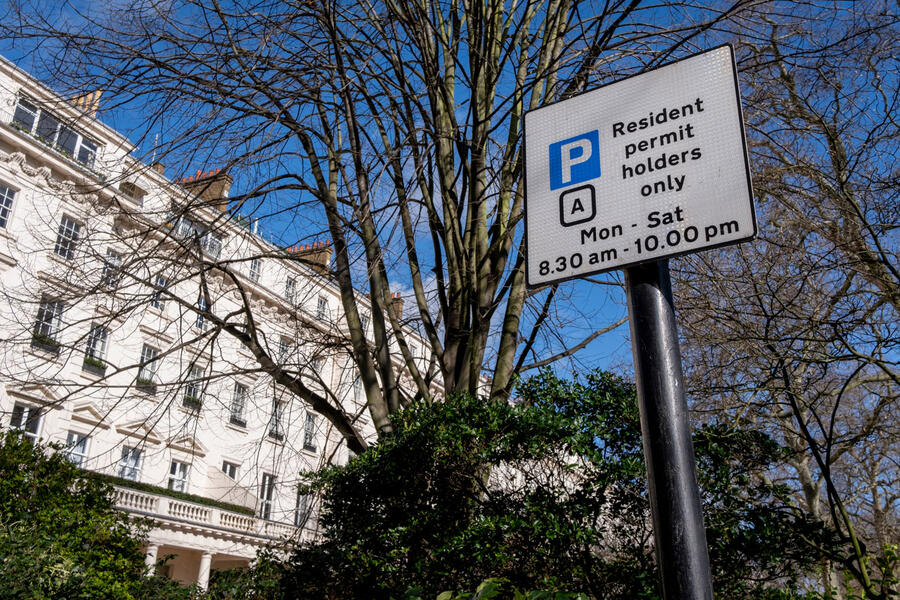This post was originally published on Autocar
Wolverhampton council expects raised prices to boost its revenue by £1m per year
Local authorities look to motorists in bid to “make as much revenue as possible”
Councils across the UK are plotting higher parking charges as they come under pressure to achieve clean-air targets and plug gaps in their tightening finances.
Planned changes also include premiums for larger vehicles, tougher parking controls, possible reductions in the numbers of on-street spaces and the introduction of parking charges in free-to-park areas in many major towns and cities.
These developments aren’t surprising, given that on- and off-street parking charges generated more than £1 billion for local authorities last year – an increase of 8% on 2023.
Among the latest to announce changes to its car parking charges is Haringey Council in London. It is consulting on plans to replace the daily parking permit for visitors that costs £5 with an hourly charge of £1.20, meaning that motorists parking in areas with parking controls lasting 14 hours would have to pay £17.
The council claims the increase is necessary because the permits are being misused. Local campaigners argue that it’s simply a revenue-raising measure.
Some councils have already acted on their plans. Bristol City Council has more than doubled the price of first-vehicle parking permits for residents from £56 to £124. In November last year, City of Wolverhampton Council, citing “significant financial challenges”, doubled its car park charges, meaning that in some locations motorists are now paying £9 for a maximum stay of 12 hours, up from £4.50 previously.
“The new charges are expected to generate an additional £1m a year,” said a Wolverhampton council spokesperson.
Meanwhile, Dudley Council, Breckford Council in Norfolk, South Gloucestershire Council and more are planning to end free parking.

At present, motorists can park for free in Dudley Council’s car parks for two hours. Under the new plans, they would be charged from £1.20 for one hour to £2.50 for two.
Dudley Council leader Patrick Harley explained that the authority “needs to make as much revenue as possible”, adding: “No one is going to die from having to pay £1.50 to park.”
Some councils already charging for parking are considering imposing an additional charge on larger vehicles.
Among them is Haringey Council, which is proposing to add a supplement to resident parking permits of as much as £87 per year for a car longer than 4.5 metres.
Likewise, Bristol City Council is considering charging heavier and more polluting cars extra fees to park in the city – a policy already adopted by London’s Islington Council, which charges heavier cars more for a parking permit. Despite no tailpipe emissions, electric vehicles aren’t immune from this charge, because their brake and tyre particles are polluting, said the council.
Bristol City Council could also reduce the number of on-street parking spaces – a plan already being enacted by London’s Lambeth Council, whose Kerbside Strategy includes a 25% reduction in spaces in favour of EV charging points, in conjunction with emissions-based pricing and a diesel surcharge.
Just how bad is it?
£6.65: Most expensive average daytime hourly parking rate, charged by Bracknell Forest Council.
145%: Increase of the average daytime parking rate in Sandwell, West Midlands, between 2022 and 2024 (40p to 98p).
£300,000: Cost to councils in lost parking revenue per week by reducing car parking spaces, according to parking warden unions.

